An incredibly effective psychological horror short that deserves an audience, “The Black Tower” has the power to tap into our greatest fears.
A few weeks ago, trawling through various lists of underrated films on Letterboxd, I came across a director with a name so bland that I initially had no interest. That name was John Smith, in this case, the English avant-garde filmmaker John Smith (b. 1952). He has been active since the early 1970s, mostly making short films ranging in runtime from less than a minute to around half an hour.
So I went down a rabbit hole, watching nine of Smith’s films. Some, like The Girl Chewing Gum (1976), humorously explore the idea of a filmmaker’s agency.
In this one, Smith (off-screen) sets up a camera and films a random, bustling intersection. But then, in a voiceover, he shouts directorial commands that describe every action that we, the audience, see as if he were controlling the action.
In other films, like Shepherd’s Delight (1984), he dissects the concept of humor itself through a faux lecture full of puns and proliferating signifiers, both visual and linguistic. But the film lulls you with its goofiness, only to body-slam the viewer with a sudden meta-moment of earnest and dark sincerity.
Most of Smith’s films hinge on these singular moments or gimmicks.
But I don’t use the word gimmick pejoratively; Smith’s gimmicks are often simple but highly clever, totally reorienting the audience’s approach to seeing and hearing.
Knowing this about Smith and his usual approach to filmmaking makes the little movie I’m reviewing here, The Black Tower (1987), all the more strange.
The Black Tower seems to be an anomaly in his output: a straight horror story in the cosmic or weird-fiction vein. One could imagine the scenario of The Black Tower as a short story by Robert Aickman, Caitlín Kiernan, or maybe even Lovecraft himself.
Over the course of about twenty-three minutes, we experience the plight of an unnamed narrator and his gradual descent into paranoia.
The source of our narrator’s paranoia is the titular black tower, a hulking yet nondescript and unreflective structure that seems to be following him (though we never see it move). The tower appears at various points in the city, wherever the narrator is. And we, along with him, begin to doubt his sanity and suspect that the tower might exist only in his obsessive mind.
This seems to be confirmed by the fact that anyone he asks about the tower can’t seem to recall it. Yet he becomes more and more convinced that the tower is after him. Alternatively, he might just be losing his grip on reality.
Either interpretation could suffice, and Smith captures the ambiguity by (mostly) never giving us a perspective outside the narrator’s.
The Black Tower works fantastically as weird-horror fiction for precisely this reason — it completely defies any one explanation.
The tower is a black hole, an absence, a void to which any meaning could be assigned. At various points in the film, the narrator sees the tower as sinister and threatening, at other times ineluctably alluring.
In contrast with so many other Smith films, The Black Tower doesn’t have a gimmick; there is no moment of revelation in the narrative nor realization on the part of the audience.
Instead, we are left with a pure unknowable entity. Some have suggested that the tower could be a metaphor for mental illness, but it could just as easily be a literal break in the fabric of reality.
With precise, memorable visuals and absolutely steady narrative pacing, Smith delivers one of the most effective horror shorts I’ve ever seen. It definitely deserves to be discovered by a new generation of genre fans.
The Black Tower (1987), written, directed, photographed, edited, and narrated by John Smith, can be viewed on YouTube.


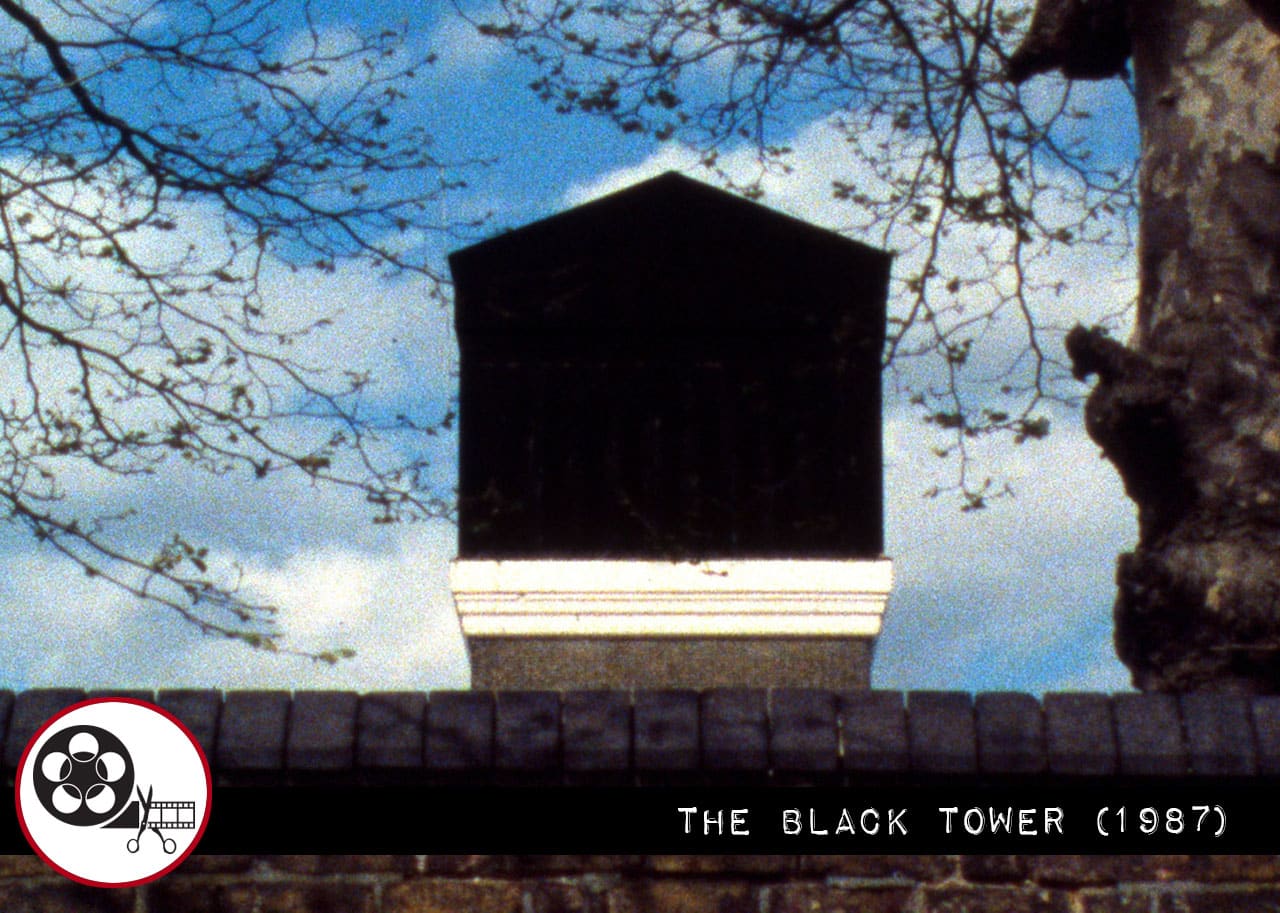
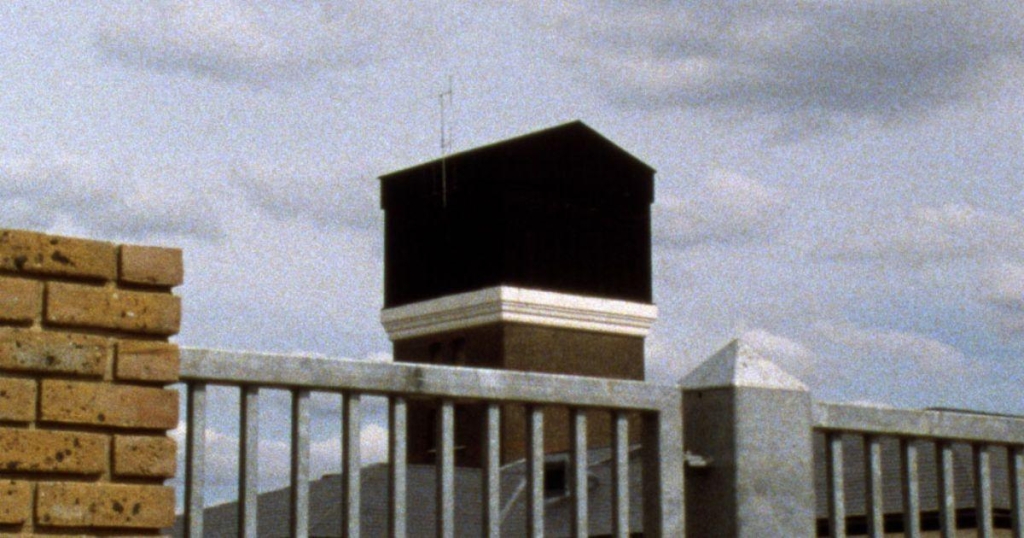
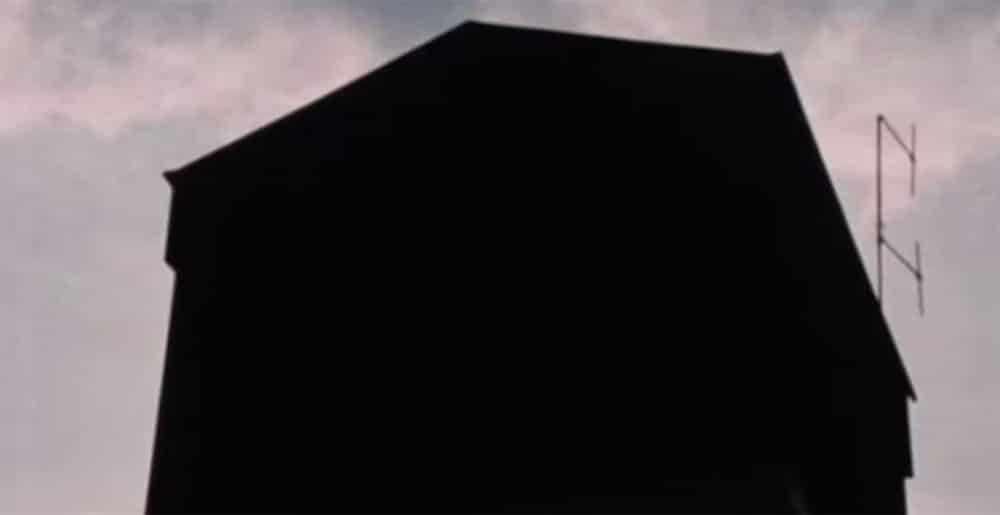
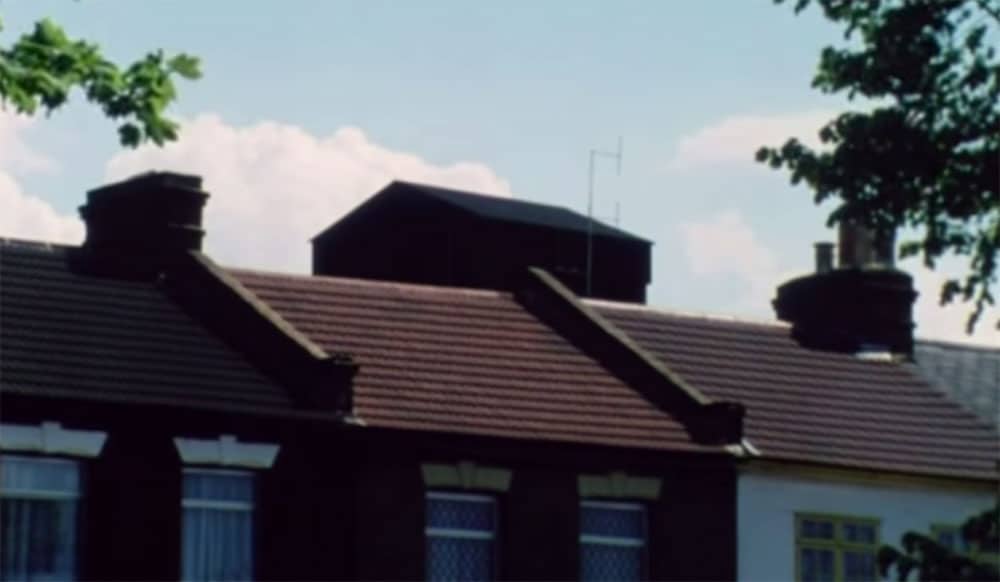










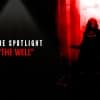
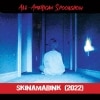
Follow Us!